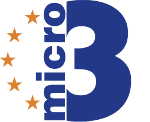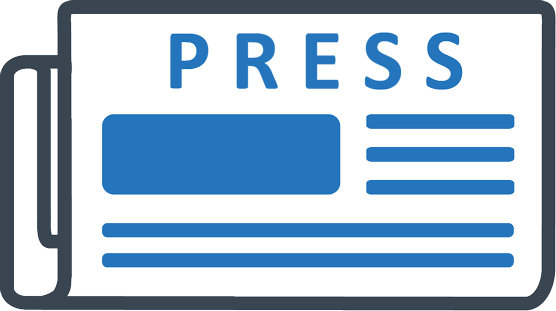- Home
- About
- OSD
- MyOSD
- Partners
- Work Packages
- WP 1Management & Coordination
- WP 2 (OSD)Ocean Sampling Day
- WP 3Oceanography & Environmental Data
- WP 4Standards and Interoperability
- WP 5Bioinformatics & Data Integration
- WP 6Exploring Ecosystems Biology
- WP 7Function and Biotechnology
- WP 8Intellectual Property (IP) Management for Marine Bioprospecting
- WP 9Dissemination & Outreach
- Public DeliverablesAll Micro B3's public deliverables
- Meetings
- Workshops
- Third Micro B3 Industry Expert Workshop
- Micro B3 Industry Expert Workshop
- Micro B3/OSD Analysis Workshop
- Micro B3 Stakeholder Workshop
- Micro B3 Summer School in Crete 2014
- Marine Metagenomics Bioinformatics
- Micro B3 Industry expert workshop
- EU-US Training 2013
- Micro B3 Statistics Training 2013
- MG4U Bioinformatics Training 2013
- Bioinformatics Training 2012
- EU-US Training 2012
Micro B3 Stakeholder Workshop on Data-Sharing and ABS Compliance
 On 25 and 26 September 2014, Micro B3 work package 8 organized its second stakeholder workshop, titled “At the Crossroads of Open Access to Data with Access and Benefit-Sharing Requirements – Promoting Pre-competitive Scientific Research”. Jointly organized at Fondation Universitaire in Brussels by the IUCN Environmental Law Centre, the Université catholique de Louvain, the University of Bremen, the Mediterranean Science Commission and the Environmental & Marine Project Management Agency, the event brought together 23 participants including ABS policy-makers, representatives from research funding agencies and the scientific community. Experts from three other research consortia were also attending: PharmaSea, MIRRI and Oceanomics.
On 25 and 26 September 2014, Micro B3 work package 8 organized its second stakeholder workshop, titled “At the Crossroads of Open Access to Data with Access and Benefit-Sharing Requirements – Promoting Pre-competitive Scientific Research”. Jointly organized at Fondation Universitaire in Brussels by the IUCN Environmental Law Centre, the Université catholique de Louvain, the University of Bremen, the Mediterranean Science Commission and the Environmental & Marine Project Management Agency, the event brought together 23 participants including ABS policy-makers, representatives from research funding agencies and the scientific community. Experts from three other research consortia were also attending: PharmaSea, MIRRI and Oceanomics.
The main objectives of this workshop were to inform and discuss
- different scenarios of data flow associated with genetic material that was accessed under the scope of the Nagoya Protocol;
- the importance of open access to marine, environmental and genomics data for pre-competitive research in order to facilitate dissemination and further analysis of such data and to fully unlock its scientific potential;
- the need for clear regulation of data access and transfer, as well as related benefit-sharing in ABS agreements at the point of access to genetic material;
- and finally possible options for managing data further downstream in the research and development chain in line with international obligations established by the Nagoya Protocol.
In this context, three Micro B3 ABS tools developed under work package 8 were presented and analyzed:
- the Open Access Data Policy which covers the collection, storage, analysis and publication of data generated in relation with the Ocean Sampling Day;
- the ABS Model Agreement which aligns access agreements between provider states and collectors with this Policy;
- and a suggested ABS Disclaimer for databases storing and sharing the pre-competitive data derived from the Ocean Sampling Day.
These tools aim to provide a set of balanced and simple rules for fostering maximum utilization of research results and at the same time ensuring compliance with the Nagoya Protocol. The results of the stakeholder workshop will feed into a report to be developed by the IUCN Environmental Law Centre as another Deliverable of work package 8. This report will be available by the end of the year.







